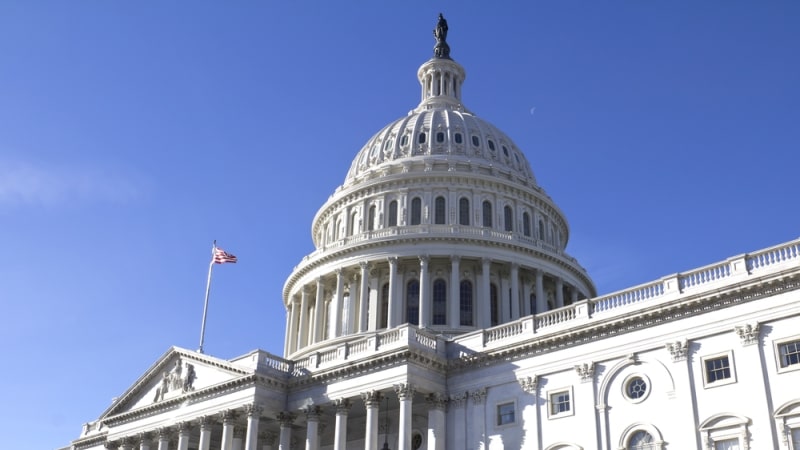
The House Committee on Energy and Commerce’s Subcommittee on Communications and Technology met today to hear testimony on H.R. 1644, the Save the Internet Act, which would roll back net neutrality rules to their 2015 level.
The legislation, sponsored by Subcommittee Chairman Mike Doyle, D-Pa., would “enact the three legacy net neutrality principles–no blocking, no throttling, and no paid prioritization–and empower the FCC [Federal Communications Commission] to prohibit unjust, unreasonable and discriminatory practices,” according to the subcommittee.
“This legislation would restore popular, bipartisan, common sense net neutrality protections–and put a cop back on the beat to protect consumers, small businesses, and competitors from unjust and unreasonable practices by Internet Service Providers,” Doyle said during today’s hearing.
The subcommittee heard testimony from Francella Ochillo, VP of policy and general counsel for the National Hispanic Media Coalition; Matthew F. Wood, VP of policy and general counsel for the Free Press Action Fund; Gregory Green, CEO of the small Internet Service Provider Fatbeam; and Robert M. McDowell, senior fellow at the Hudson Institute, partner at Cooley LLP, and former FCC commissioner.
During the hearing, it became clear that Ochillo, Wood, and Green all supported the legislation. Though they cited a wide variety of reasons–including the legislation’s ability to ensure equality, close the digital divide, expand rural broadband availability, and promote fair competition between large and small ISPs – they all stood behind the Save the Internet Act and urged its passage.
“Digital rights are civil rights,” Ochillo said during the hearing. “Access to the internet has revolutionized the way that we think, work, and interact… When there is a premium for access, the dangerous underbelly of the internet poses a risk to people both online and offline. Creating a digital caste system of who can afford to pay more for premium access feeds the dark chambers of the internet where division, hate speech, and discrimination thrive. Sunlight, open access, may be the best remedy because the internet connects us in a way that, historically, we have been unable to do so as a nation,” she said.
On the other side of the coin, Green offered support for the legislation from an industry perspective.
“Today, the four largest ISPs in the nation have over 70 percent of residential broadband customers, and the majority of Americans only have one ISP option for residential broadband service,” Green explained. “We know that such ISPs have the incentive to block, throttle and demand access fees of edge providers and those providers with which they interconnect as they have done so in the past. However, with rules in place to prevent such conduct, and with strong oversight of interconnection practices by the FCC, ISPs’ incentives can be checked so that ISPs cannot discriminate against edge providers or other ISPs they interconnect with.”
But McDowell, a former Republican member of the FCC, expressed reservations over whether the legislation was even necessary, and said he does “not think that additional legislation is needed to protect consumers, start-ups, or broadband investment.”
He explained that since the FCC under its current Republican majority rolled back net neutrality rules last year, the internet has “thrived” and “some of the concerns that drove the 2015 rules either never materialized or are being addressed in the marketplace.” However, he did acknowledge that “the effect of constantly-changing rules cannot be ignored.”
Instead of promoting the Save the Internet Act, McDowell instead urged Congress to create “new bipartisan legislation,” that is limited to the “essential” elements of the Obama-era regulation and will “spur investment and innovation in a freedom-enhancing open Internet ecosphere.”
